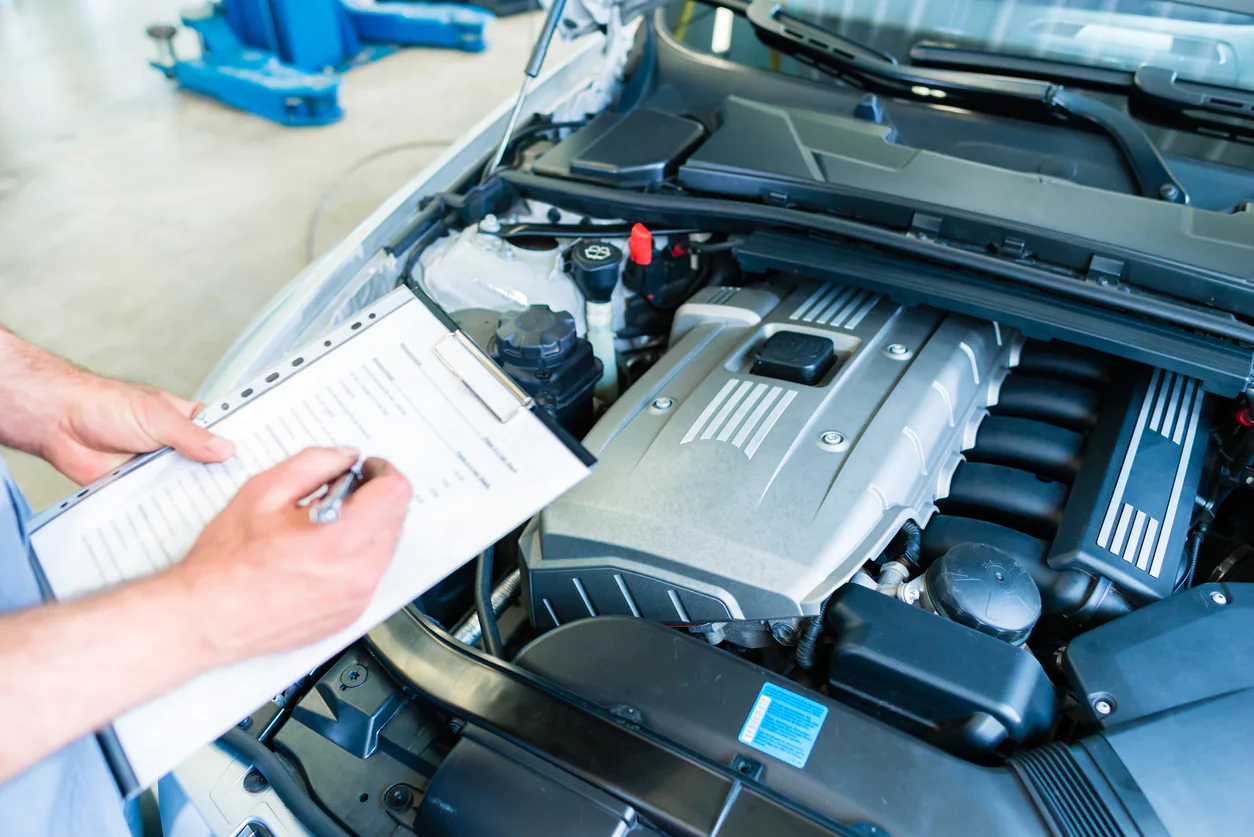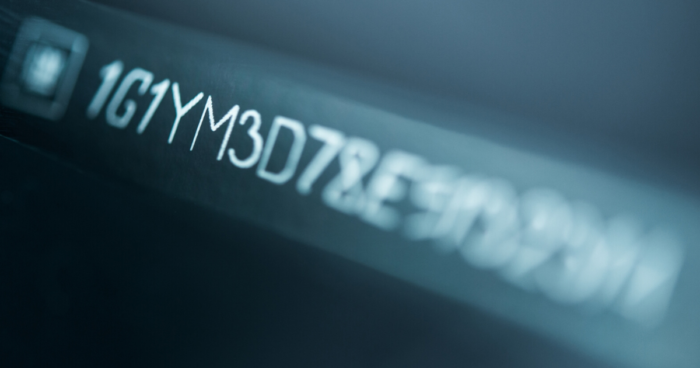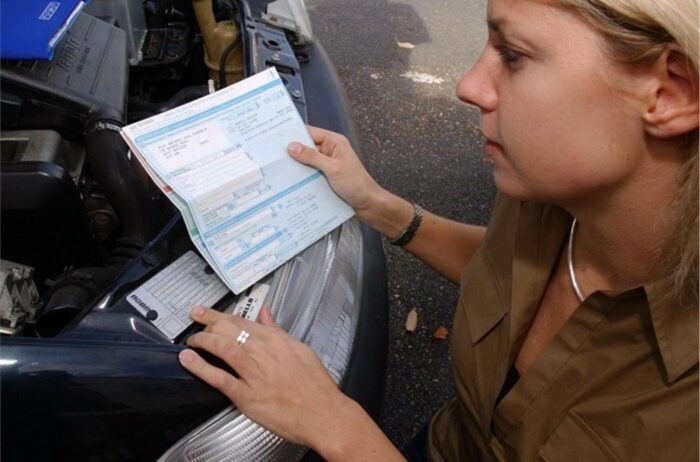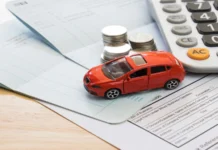
Have you ever purchased a used vehicle and wondered if the car was in good condition? A vehicle identification number (VIN) is the best way to make sure that the information provided by the seller is accurate.
It’s also essential for buyers to know how to verify a VIN before making their purchase. Let’s find out what it takes to perform a VIN verification.
What Is a VIN?
A VIN is a 17-character code that contains information about your vehicle, such as its manufacturer, model year, body style, and engine type. This code can be found on many parts of your vehicle, including the driver’s side dash, doorjamb, title documents, and registration papers. It can also be found on insurance policies and repair records.

How Do I Verify a VIN?
You will need access to an online database or physical records from your local DMV office to verify a VIN. When using an online database, you will input the VIN into the search bar and then wait for results to appear.
If your search yields positive results—meaning that the car has no reported incidents—you can proceed with confidence in your purchase decision. However, if any discrepancies or red flags are associated with the vehicle’s history report, then it might be wise to reconsider buying it.
If you don’t have access to an online database or prefer not to use one, you can head to your local DMV office and request physical records related to the purchased car. The same rules apply here; if everything checks out with no reported incidents, you know that the seller has been truthful in their vehicle advertisement; otherwise, it’s time for further investigation before committing to purchase.
What’s Needed To Do a VIN Verification?
Conducting a Vehicle Identification Number (VIN) verification is integral to properly documenting and transferring vehicle ownership. To do so, you need the original title document with the VIN printed and any previous titles that have been issued for the vehicle.
As stipulated by local laws and regulations, you’ll also need acceptable forms of identification and proof of residency from all parties involved in the ownership transfer. Once these criteria are met, your registration service will be able to accept and process your request for VIN verification.

Importance of VIN Verification
Knowing how to verify a VIN is essential for anyone purchasing a used vehicle. Not only does it provide peace of mind, but it also ensures that all of the information provided by sellers is accurate so that buyers don’t end up purchasing something they weren’t expecting.
Whether you choose an online database or head over to your local DMV office for physical records, verifying a VIN should always be done before making any purchase decision. Doing so could potentially save buyers from costly repairs down the line.
So, are you looking for a reliable VIN check? You don’t want to pay for it? Check out the best free VIN check today and discover more about your vehicle!








